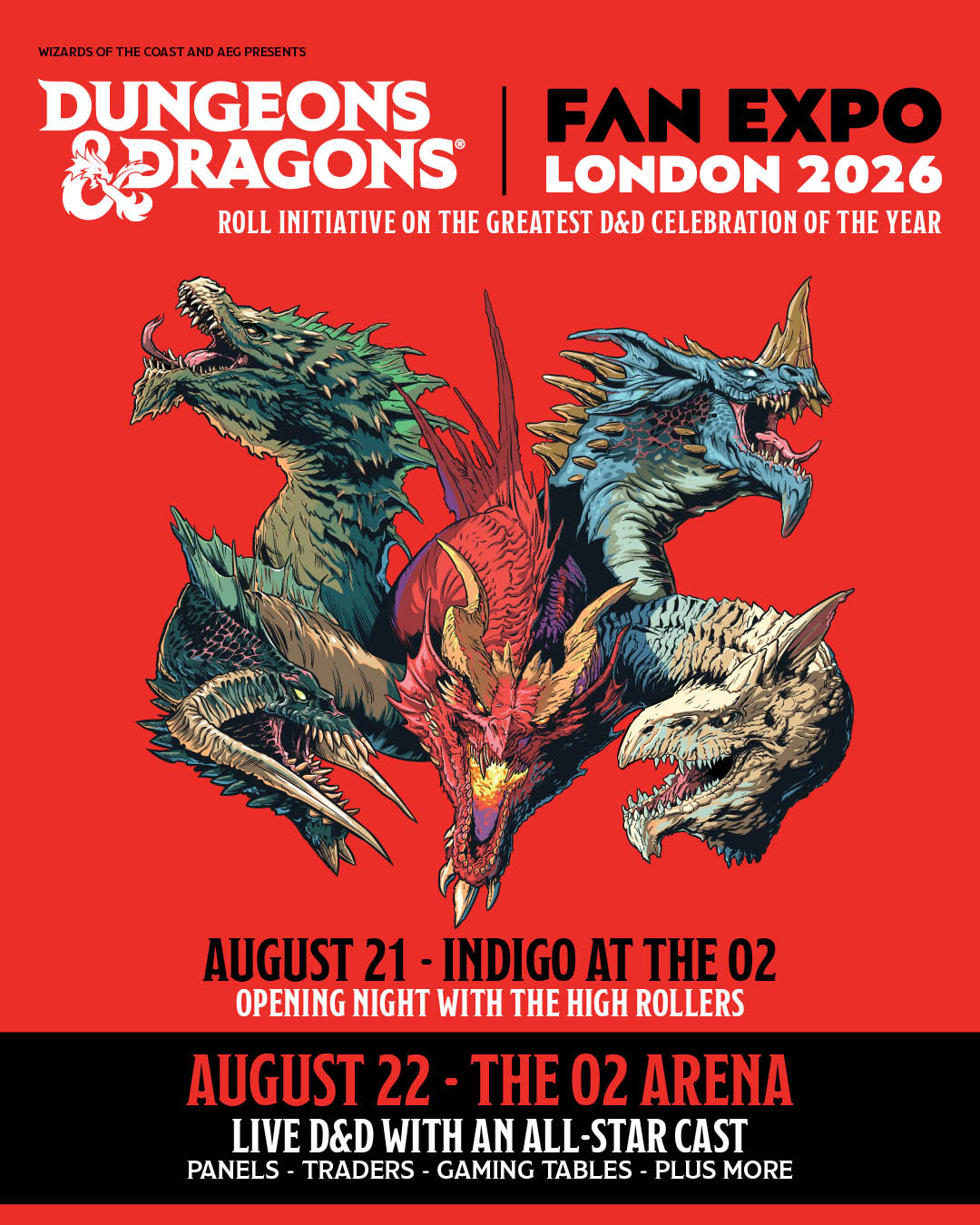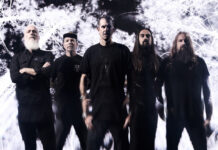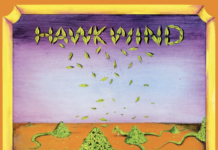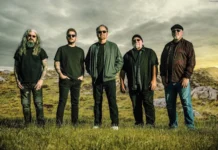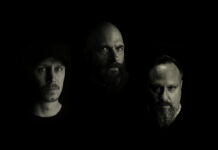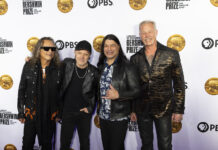My Glass World (MGW), the name deriving from Scottish Poet W S Graham, is the brainchild of multi-instrumentalist Jamie Telford who, amongst others, plays guitars, keyboards and flugelhorn. Along with musical partner, Sean Day, who adds the sax and occasionally other pieces, they comprise a duo who go out of their way to avoid being categorised, with their music being drawn from across a wide range of genres. The creative synergy of the two musicians produces a very eclectic fusion of rock, funk, jazz and pop, all of which are in the mix somewhere, and they attempt to take the listener on what they refer to as a ‘personal musical journey.’
One of MGW’s main influences is The Beatles who, says Telford, showed “it was possible to write songs about all sorts of things .. political, social and spiritual .. anything really“. They’ve taken this onboard with their latest album, one which is riven with cleverly worded songs of creativity and depth, based on their observing of the world around them .. ranging from philosophical reflection to topical commentary, as seen on tracks like ‘Always Another Train,’ which is an allegory of modern society, particularly some of its more mendacious leaders “.. all the lies you piled them high, you didn’t even have to try”. Remind you of anyone?
Communication is a topic close to MGW’s hearts. The jazzy offering ‘Where Are You’ (the first song I’ve heard referencing the ‘Sapir-Whorf Hypothesis’) is about miscommunication and how different listeners hear different things when someone talks. Reflection arises in ‘You Can Feel It Coming,’ which verges on prog with drone-like keys and sax used to good effect. They don’t say what ‘it’ is except “you can feel it with your hands”. There’s a satirical bite to ‘A Pale Horse,’ which asks what kind of people are we becoming, stating “plastic money, plastic words, now everyday life has become absurd”.
‘You Can Get There’ is a song of hope “..you can get there, it’ll make you a better man”. But in some cases, it’s their simpler message which is the most effective, as on ‘What Are We Left With Now’? which asks “..without love, what are we left with”? The album concludes with ‘Compassion For Animals,’ with its contemporary reference to ‘TED’ talks (TED is Technology, Education and Design), where an animal asks for compassion in its treatment.
Their last album, 2024’s Assorted Marvels, was described as being “pop music for grown-ups” and, on this one, the two musicians utilise an impressive range of styles to produce something which’ll offer much food for thought.


